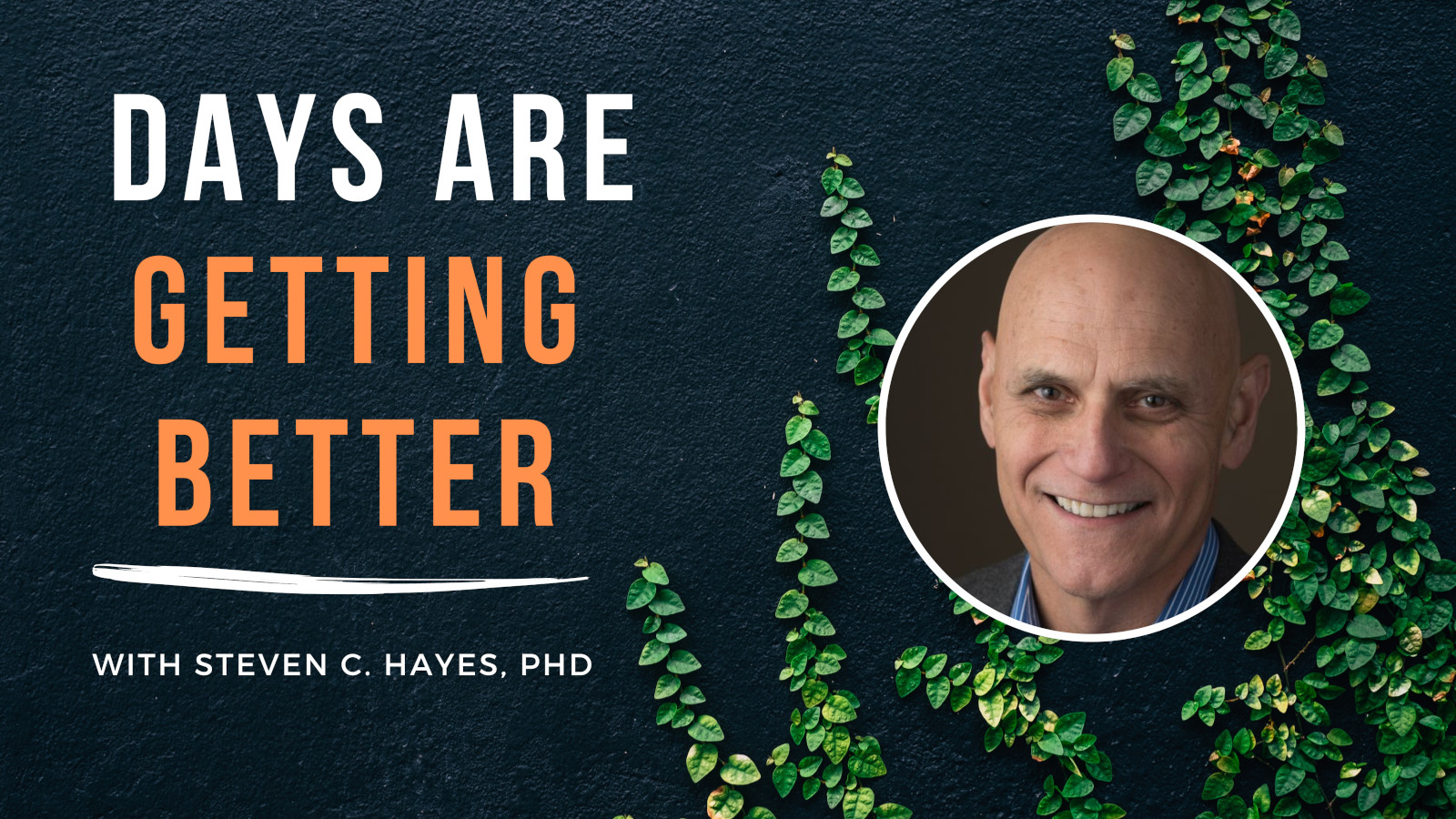A good man died a few days ago at the age of 87. He was one of the single most important persons in my life, and indeed he’s why I am a psychologist.
I never met him.
I corresponded with him only once – when I sent him a thank you note nearly 50 years after he’d helped me in a life changing way.
He had no memory of it.
He was a psychologist and ended up working in an area related to my work, so perhaps he’d seen my name occasionally as I’d seen his. On his end, he had no idea that his choices and actions affected mine. On my end, I knew that my career was due to his willingness to do kind things – even if they broke the rules a bit.
In Fall of 1969 I was in my senior year of college at Loyola-Marymount University, and I was applying to clinical psychology Ph.D. programs around the country. I think I applied to about 8 of them, certain that would be enough. After all, I was known as a star in my department as an undergraduate. I’d built an animal lab with my own hands in the attic of the psychology building. I was in the honor’s program. I had conducted publishable research with an early behavior therapist, Irv Kessler. Excellent grades. Excellent test scores. I’d get some offers of admission, for sure.
I got none.
A fluke. Surely. After a year of working as a carpenter I tried again, now with 15-20 applications. I’d at least get an interview at a doctoral program somewhere.
I didn’t.
Something was wrong. But what?
I tried one last time in Fall of 1971. A good friend of my brother said he knew a new faculty member at the State University of New York at Stony Brook where I had applied twice and been rejected. Through that chain the faculty member was asked to look inside my file and tell me if something was wrong.
He did.
Technically he was not supposed to do that. It can create legal liabilities for universities so the standard operating procedure is to be very vague and to return platitudes when asked “why?”.
Instead, this new faculty member told me that I had a bad letter from a specific faculty member he named (another breaking of the rules). Father Ciklic, chair of my Department, said in his letter that I was a drug addict.
Oh dear. Yes, I was the first visible hippie on the LMU campus (at least I was the only one with hair to the middle of my back). I was actually quite careful about drug use, at least compared to some of my peers, but in fairness, I did do some silly things such as a very well-controlled and carefully done honor’s program research project on time perception after consumption of a substance that is, shall we say, now fully legal in the state of California.
Apparently, the good Father Ciklic was not amused. When the opportunity came, he told me with a broad smile that he’d be “only too happy” to write me a letter of recommendation.
I’d bet.
I did not ask Father Ciklic for a letter in my application process in 1971. One last time, I would try to get into a doctoral program. I mentally promised myself that if I failed a third time, I would move on toward a career either in politics or as a carpenter.
Armed with an application free of a horrible letter, I got into several doctoral programs. I picked a good one (West Virginia University). Finally, my doctoral education as a psychologist could start.
A young untenured professor at Stony Brook, left his footprints in my life half a century ago. Had he not broken the rules and spent an hour to help a student he did not know, I would have never had a career as a psychologist.
In my first and only correspondence with him a few years ago, I told him this story of how he changed my life. He seemed nonplussed by my effusive thanks for such a tiny thing. After all, he had no memory of it – any more than fifty years from now you might remember standing in line at the grocery store and picking up a dropped item for a stranger. Such a small act of kindness — but that dropped item could alter that person’s life.
Yesterday I read the obituary and wept.
On June 23, 2021, Lester G. Fehmi, Ph.D., passed away at home after a brief illness. He was surrounded by his family. Psychologist and Director of the Princeton Biofeedback Centre, Les was a well-known lecturer and has written many professional articles on the subject of attention and neurofeedback. He is survived by his wife Susan, who is carrying on his work, by his children Laura, Jeff, Jessica and Emy, by his four grandchildren, William, Grace, Emre and Zeyah, and by his sister Emy.
I never met Dr. Les Fehmi, but his kindness changed my life. His very name has been hallowed to me, carried in a treasured part of my heart, surrounded by almost tearful thanks, for over half a century.
But isn’t the basic lesson inside this story true of us all? Are we not all only here because of the loving acts of countless others? And if that is true, is it worth asking, what footprint will you and I leave behind today?







